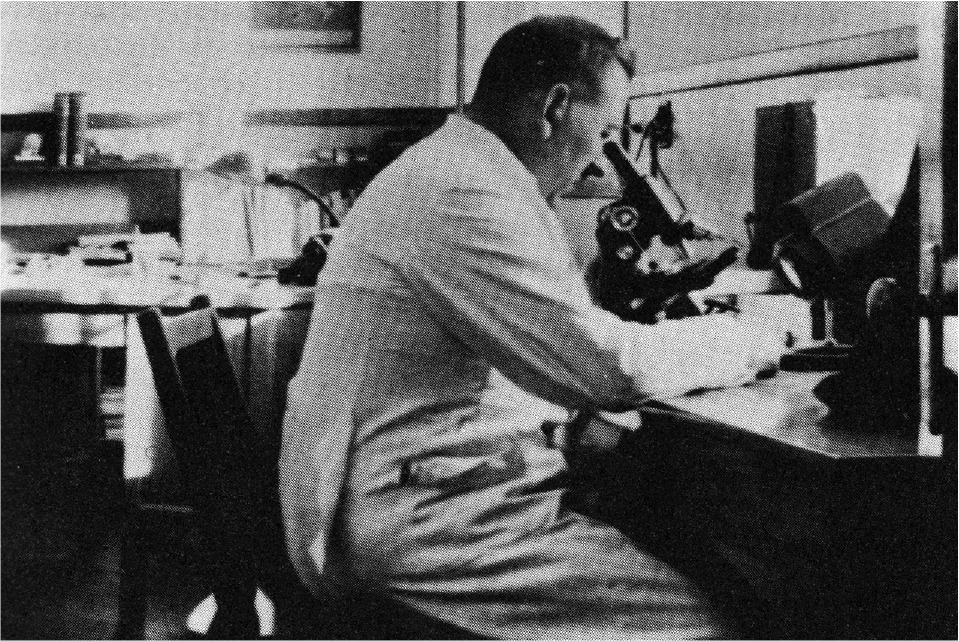You asked me to speak to you about the life of a researcher. No doubt it’s because, in the course of your studies, you have sometimes been moved when your professors spoke to you of the great feats of our profession. You began to dream of Pasteur, of Pierre and Marie Curie, of Banting. Perhaps one day, you thought not of the successes, but of the enormous Sea of Darkness. Perhaps even, in a brief flash of light, you dreamed of new avenues that you might pursue before any of your peers. I wish to speak to you with all my heart about this existence, of which I grow fonder every day. Together, we will see the good and the bad sides of this life, where there is no room for camouflage…
The main advantage of an experimental career at a university is liberty: liberty of thought and liberty of action. For it is there “in the serene peace of laboratories and libraries,” as Pasteur said, that the great ideas are born, even if their practical success depends on the large mobilization of government or industry. On the one hand, there is science; on the other, there is technology.
You will come to experimental medicine as you came to your medical studies: perhaps to benefit others, but chiefly, if you are honest with yourselves, to search for happiness. I can assure you, after fifteen years of this existence, that you will find it. Read the autobiographies of researchers. You will see in them the happy expectation that marks the period of preparation, of experimentation, of anticipation; the brutal disappointment, but not discouragement, that accompanies lack of success; the new approach, the labour; and one fine day, the ecstasy, the extreme sense of triumph at the moment of discovery, no matter how humble. It’s a grand epic, like that of Christopher Columbus, Charles Lindbergh, and Maurice Herzog on the summit of Annapurna!
Sometimes, faced with injustices, misery, illness and death, a terrible doubt will seize your hearts… Where do we come from? What are we? Where are we going? Enter, then, into the laboratory, close the door on the world and open the window wide upon the universe. There, on that solitary height, facing the ordered immensity that your books and instruments have revealed to you, beyond the faraway limits where matter and energy are one, you will then, noble child of Homo sapiens, sublime dust of an instant, “reach out your hand and touch the face of God.”

